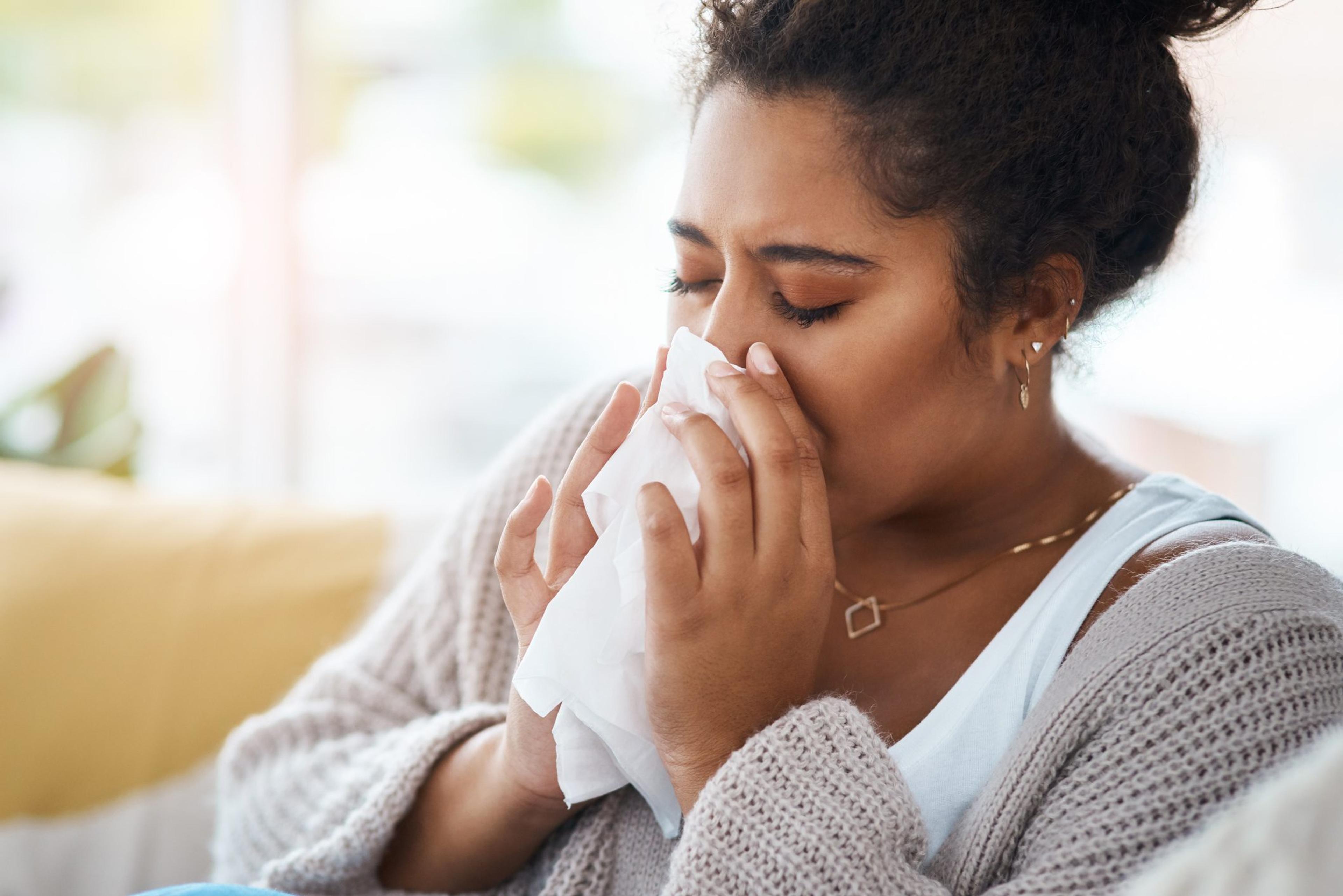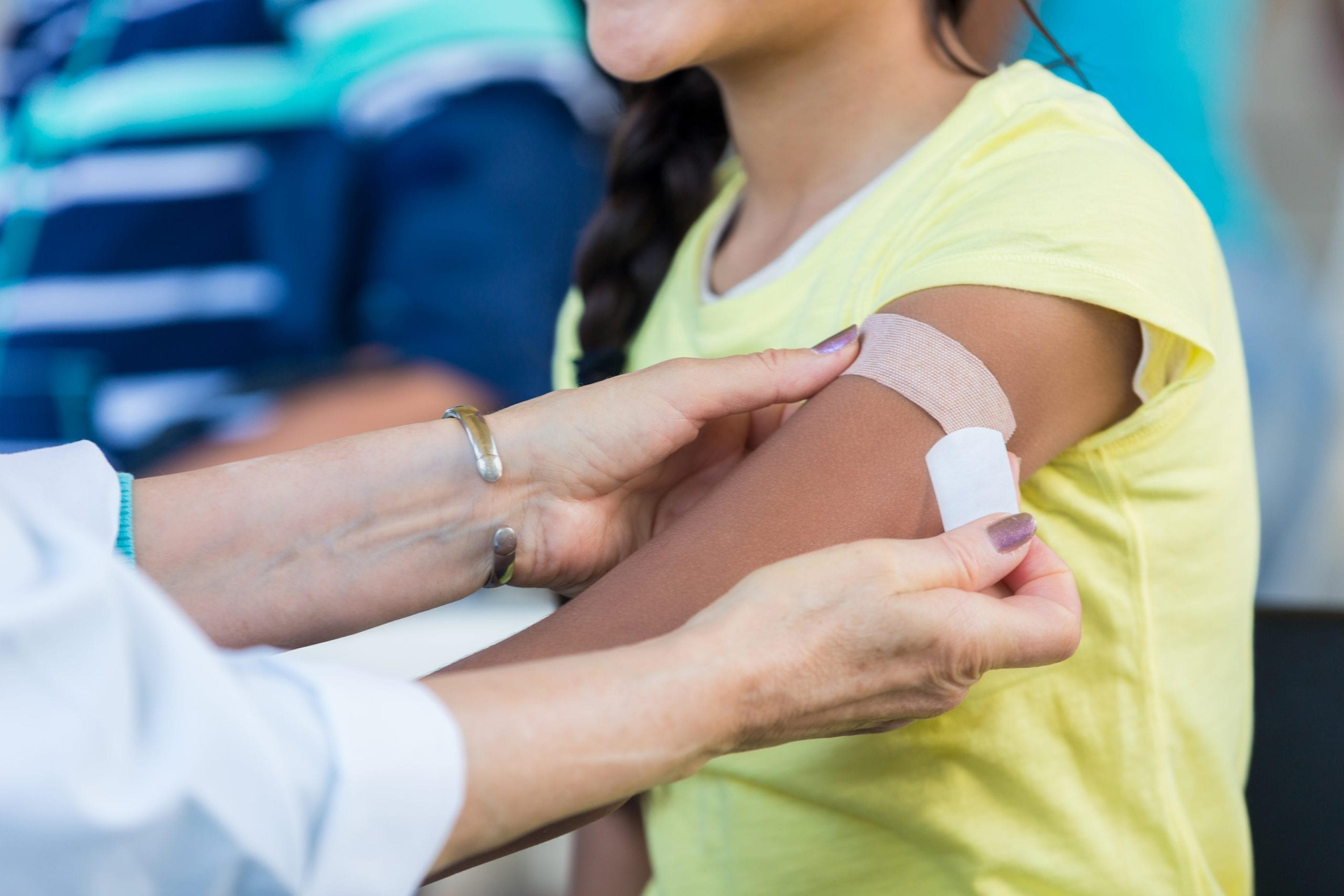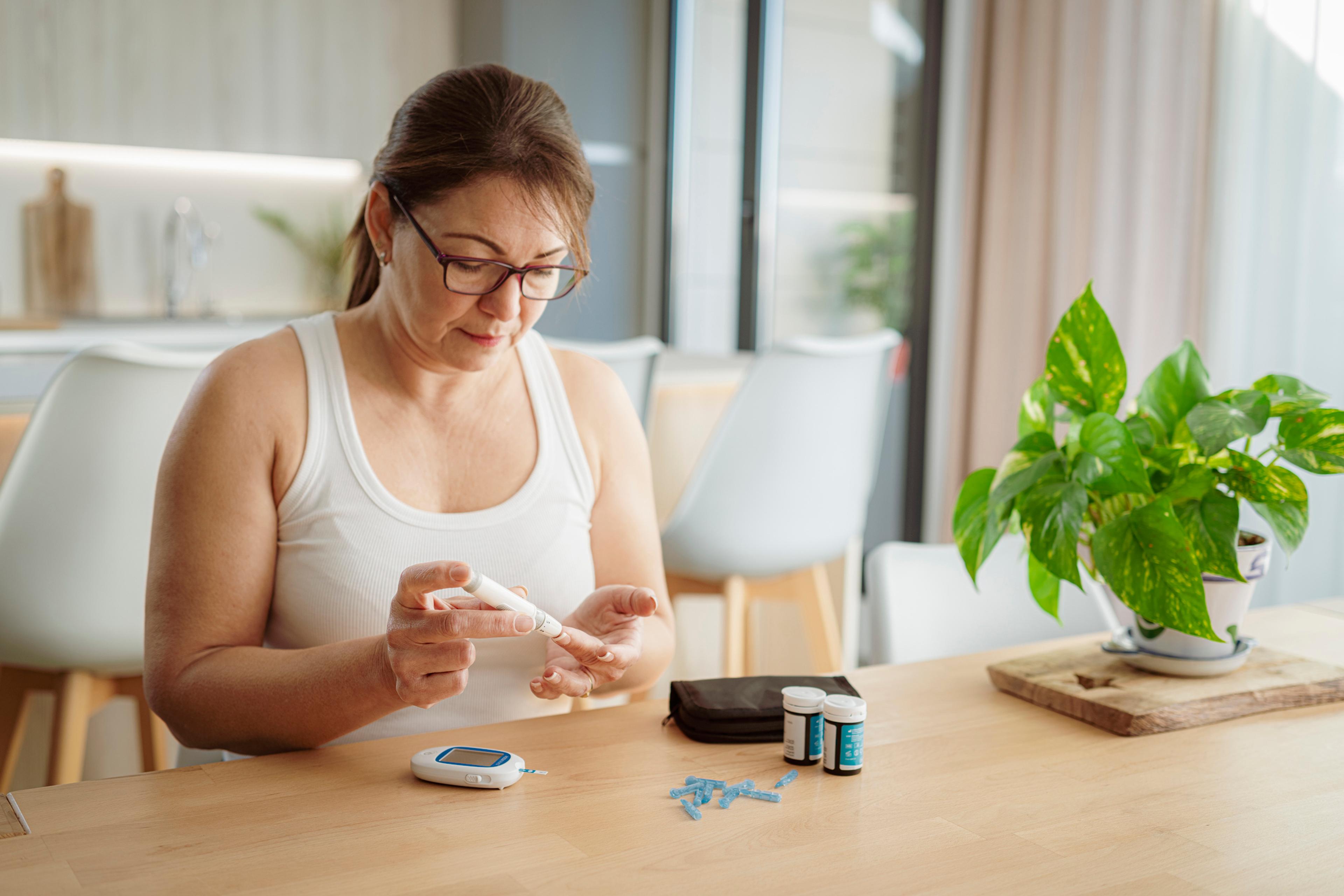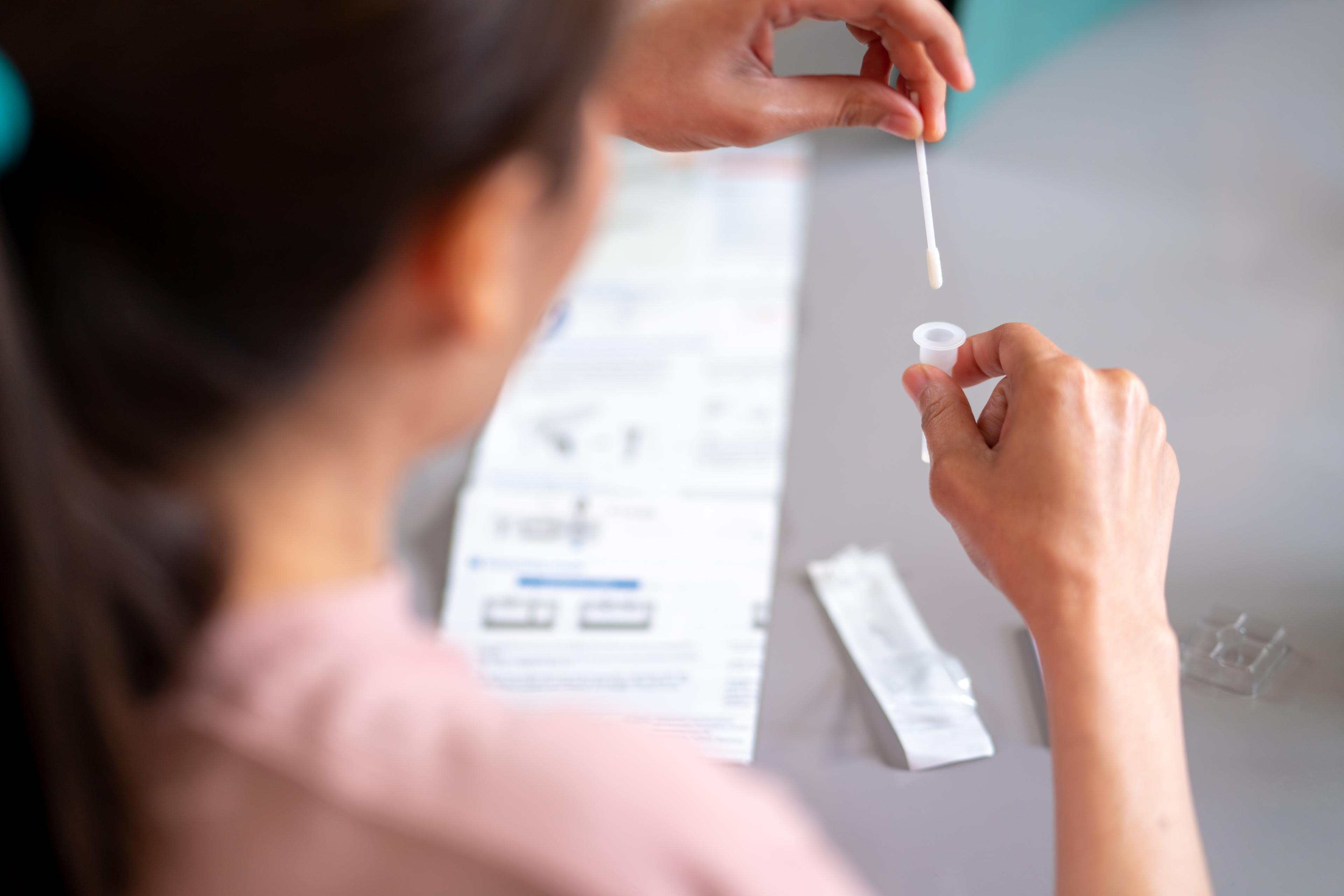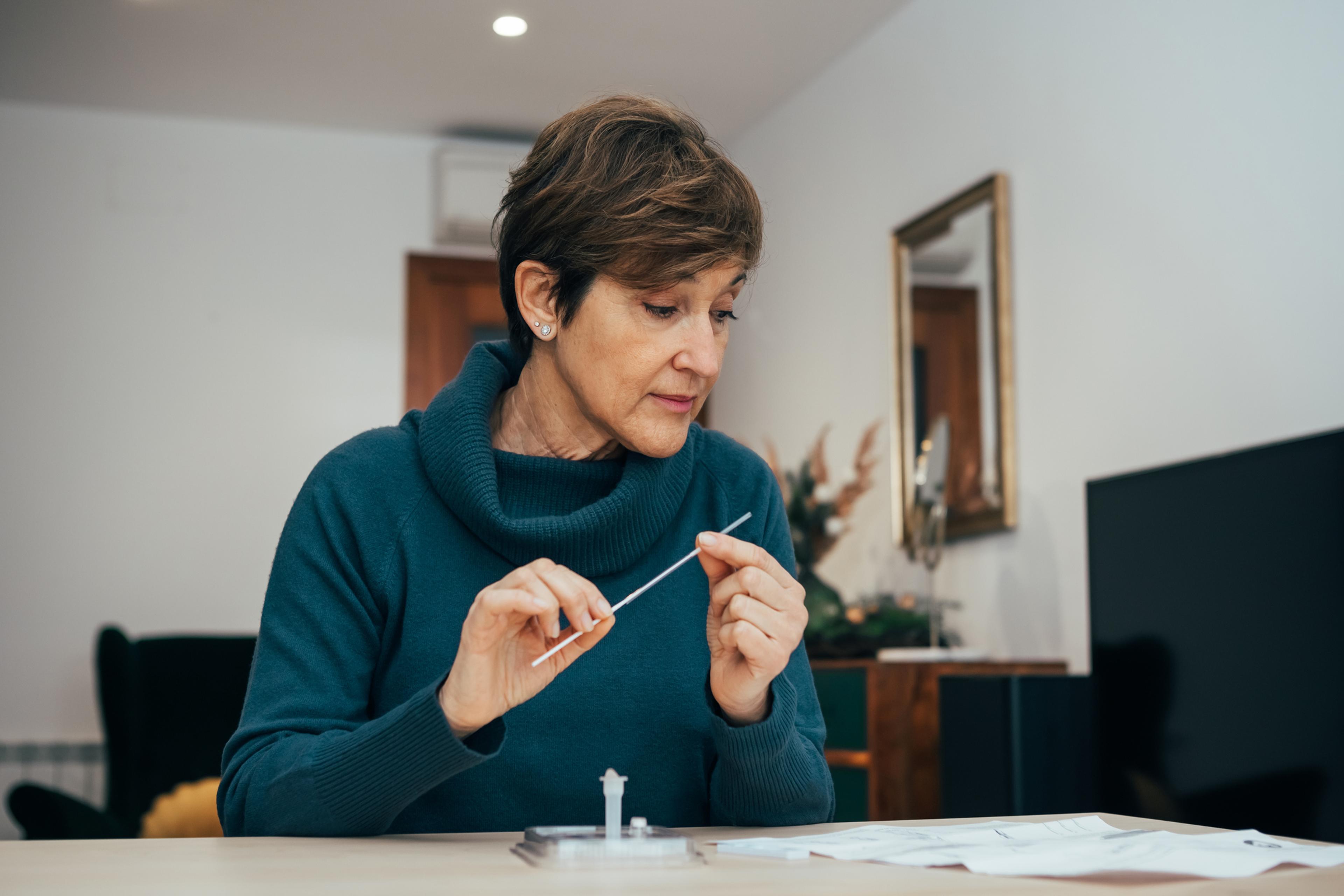Five Things to Keep Doing, Even After the Pandemic

James Grant, M.D.
| 3 min read
James D. Grant, M.D., is executive vice president an...

In the year since the COVID-19 pandemic began, we’ve all learned quite a bit about public health strategies and practices that limit

the spread of a virus. Who would have thought we would be using terms like “personal protective equipment” and “social distancing” as part of our regular vocabulary? But it’s not just COVID-19 that is thwarted when we use smart health practices. Everyday contagious illnesses like influenza are down this year. In fact, seasonal influenza cases are much lower in Michigan and nationally than usual for this time of year. Public health experts suspect that the efforts we are making to prevent the spread of COVID-19 are also preventing the spread of influenza. Many of the public health practices we’ve been following during COVID-19 are smart habits to keep even after we’re past the pandemic stage. Here are five habits we should keep once the pandemic is over.
Thorough handwashing
For years the signs in restaurant bathrooms have encouraged us to wash our hands after using the facilities. But now we’re aware of the many more instances in which to wash our hands. Even better, we know how to do it. Use warm water and soap. Rub your hands together for at least 20 seconds. Get all surfaces, sides and tips of the hands and fingers. Rinse well. Dry thoroughly.
Don’t touch your face
You’re probably not aware of all the things you touch every day. So it’s quite possible that your hands have germs on them that can cause influenza, COVID-19 or other viruses. When you touch your face with unwashed hands, those germs can get into your body through the eyes, ears, nose and mouth.
Cough and sneeze into your elbow
Using your elbow keeps droplets from a cough or sneeze off of your hands, so you don’t then spread germs to everything you touch.
Clean frequently touched surfaces
Think about all the things in our homes, schools and offices that get touched often and by many people, like light switches, doorknobs, keypads, phones and remote-control devices. Clean these often with a disinfectant approved by the U.S. Environmental Protection Agency. This helps to curb the spread of germs from those objects to your hands.
Stay home when you’re sick or not feeling well
If you are sick, staying away from others will prevent you from spreading your illness. Stay home if you have a fever; fatigue; vomiting or diarrhea; a throat that hurts to talk or swallow; or a cough that produces phlegm. It’s possible that we will still need to wear masks and remain socially distant for a while, even as we vaccinate more people and gain more control over the COVID-19 virus. But if we maintain these five habits, we may keep many more contagious viruses at bay. And that’s good for everyone. Related:
Photo credit: Getty Images

